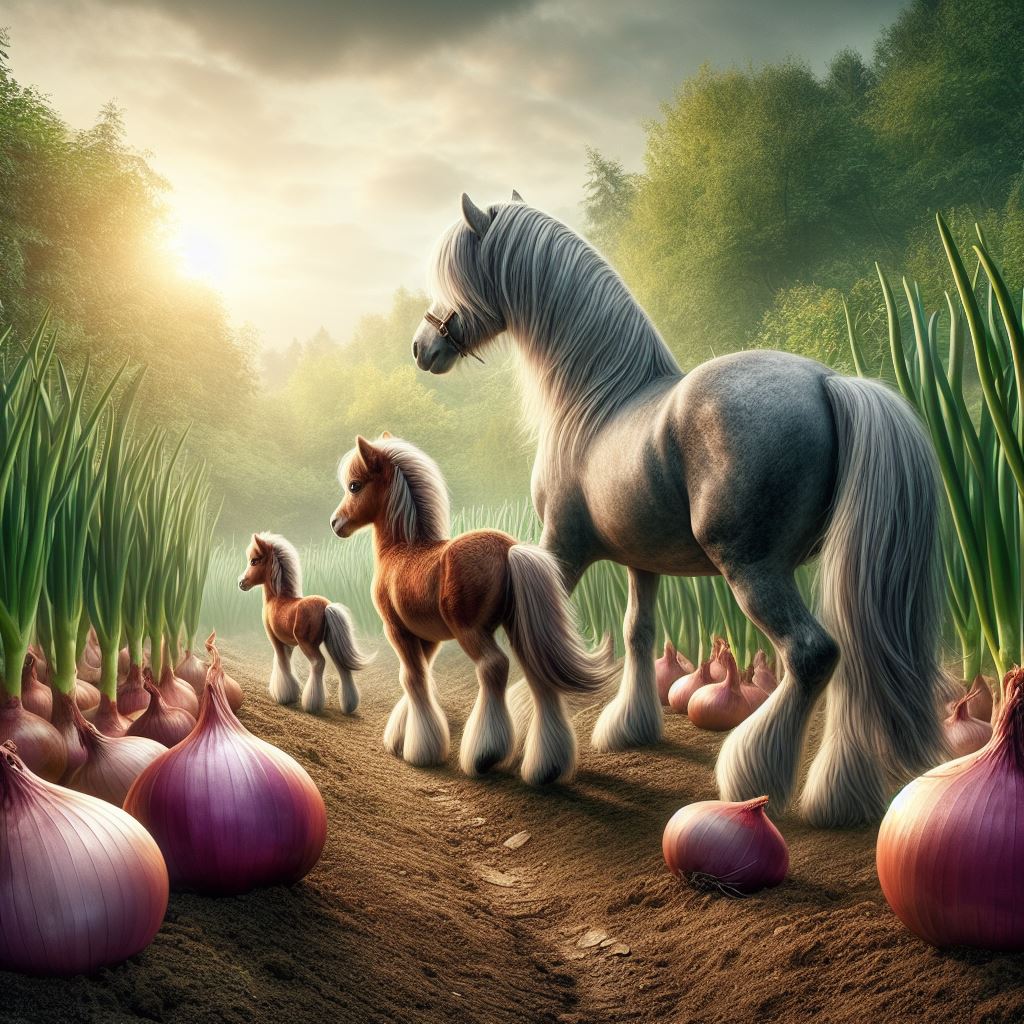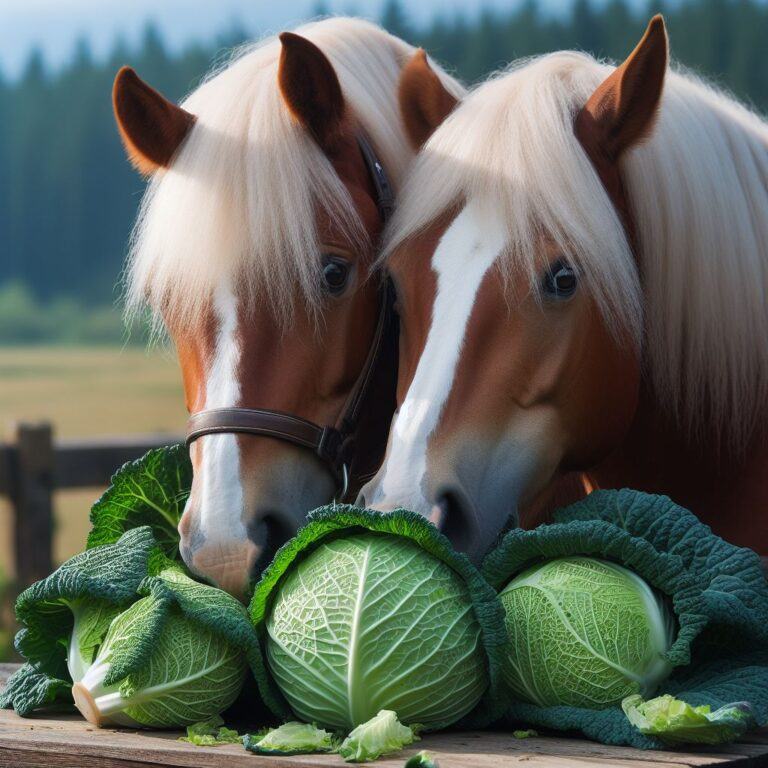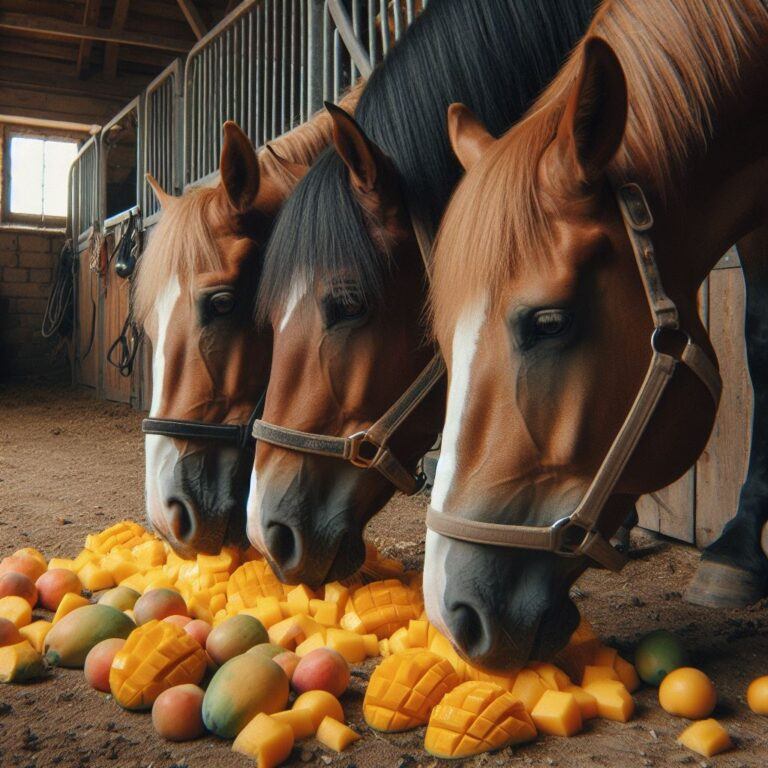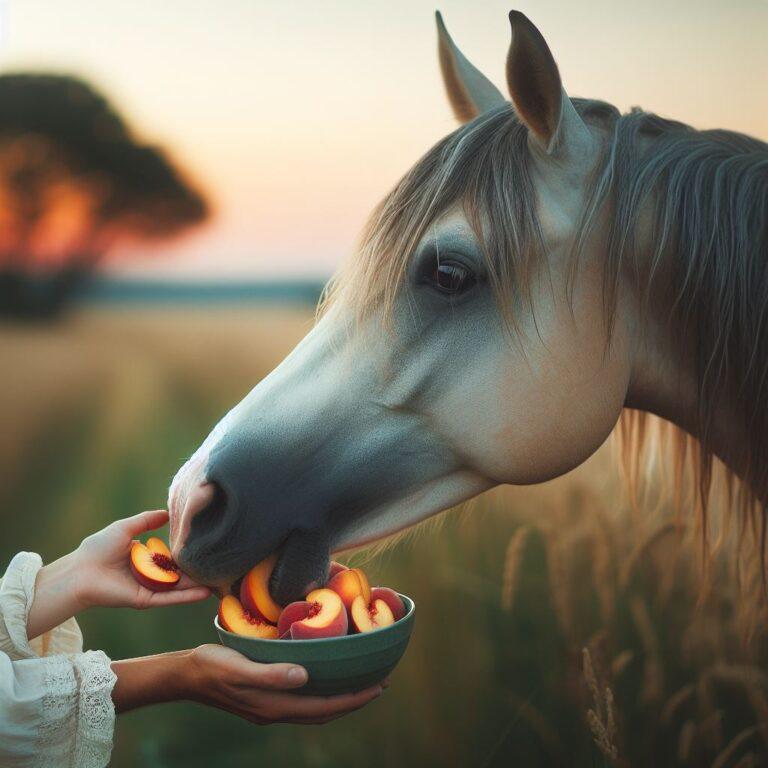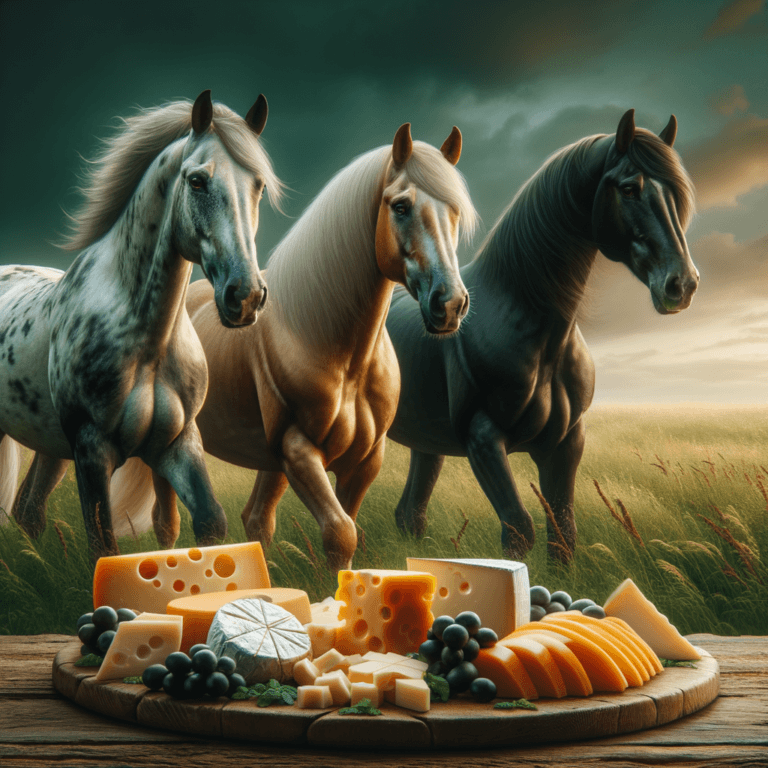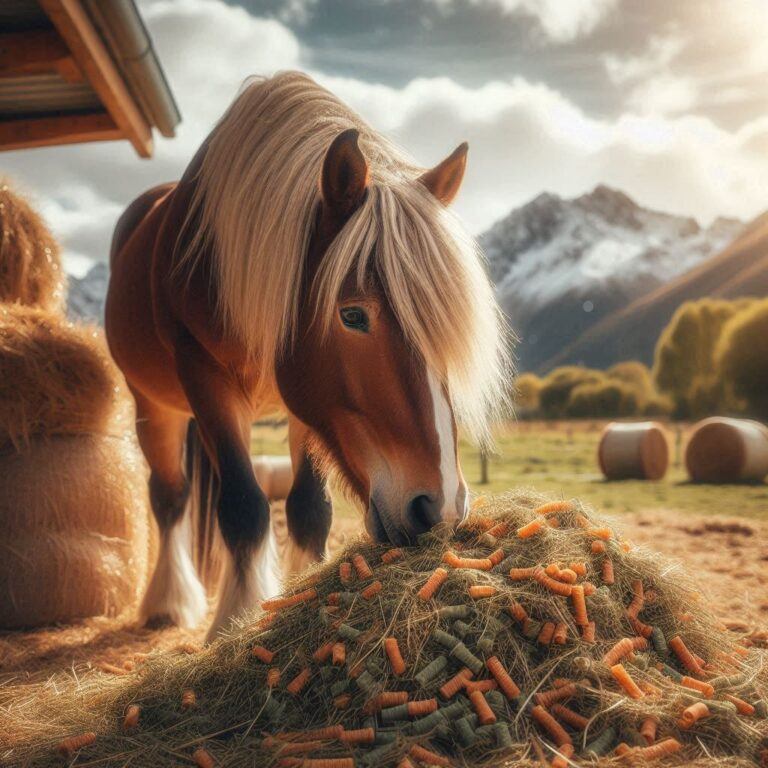Can Horses Safely Eat Onions
Simply put, NO, horses cannot safely eat onions. They contain N-propyl disulfide, a compound that can lead to Heinz body anemia, a potentially life-threatening condition for horses. This form of anemia damages the red blood cells, limiting their ability to carry oxygen effectively throughout the body.
If a horse ingests onions, the toxins can quickly cause oxidative damage to their red blood cells, leading to them rupturing.
Heinz bodies, which are clumps of denatured hemoglobin, form and result in anemia. This is a serious condition, so immediate veterinary attention is necessary to manage the effects and prevent further health complications.
Sadly, I have become familiar with the distressing effects of onion toxicity in horses through discussions with veterinarians and by witnessing the unfortunate consequences in cases that have surfaced in equestrian communities.
If you suspect your horse has consumed onions, or is showing signs of distress that you cannot explain, contacting your vet straight away is the best course of action.
Veterinary intervention often includes blood work to assess the severity of anemia and may necessitate blood transfusions or other supportive treatments to aid in recovery.
Preventing onion ingestion is certainly simpler than treating its aftermath, so understanding what constitutes a safe and healthy diet for our horses is essential.
Understanding Horse Nutrition and Toxins
To understand why onions harm horses, it’s crucial to learn about their unique digestive systems.
Unlike us, horses are hindgut fermenters with a delicate balance of microbes in their cecum and colon, essential for digesting fibrous plants.
Their digestive tracts aren’t designed to handle the thiosulphates in onions, which can lead to oxidative damage to red blood cells.
Beyond onions, numerous common foods can be toxic to horses. For instance, chocolate contains theobromine, and certain nuts like macadamia are also dangerous.
Garlic, despite being less toxic than onions, can still pose risks in large quantities. Even something as innocent as a potato, if green or sprouting, can introduce toxins.
A balanced diet is essential for a horse’s health. It typically consists of quality forage like fresh grass and hay, controlled grain intake, and access to clean water and necessary minerals.
As owners, we must monitor our horse’s diet closely, and take care about what treats we give them.
Finally, recognizing the signs of poisoning in horses is imperative. Symptoms such as lethargy, discolored urine, rapid breathing, or lack of appetite warrant immediate veterinary attention.
By staying informed, owners can ensure they provide a safe and nutritious diet, laying the groundwork for a happy, healthy horse.
Healthy Alternatives to Onions for Your Horse
By now, it should be abundantly clear that onions are off the menu for your horse. Focusing on a safe and nutritious diet is essential to their health and well-being.
Here, I’ll share several alternatives to onions that can be safely enjoyed as occasional treats.
Start with carrots and apples, these are traditional favorites for horses. They’re packed with nutrients and are easy on their digestive systems.
Also, fruits like watermelon and bananas can add variety, but remember to remove any seeds or peels for safety.
Introducing new treats should be done gradually. I always encourage horse owners to watch for any adverse reactions. Even harmless foods can cause trouble if a horse has a specific sensitivity or allergy.
Moderation is key. Treats should never make up more than a tiny part of your horse’s diet. Even with safe foods, overfeeding can lead to health issues, such as obesity or colic, and that’s a situation I know you want to avoid.
Lastly, consult with your veterinarian regularly. They can provide exact advice to keep your horse healthy and recommend specific treats and portions based on age, health status, and activity level.

